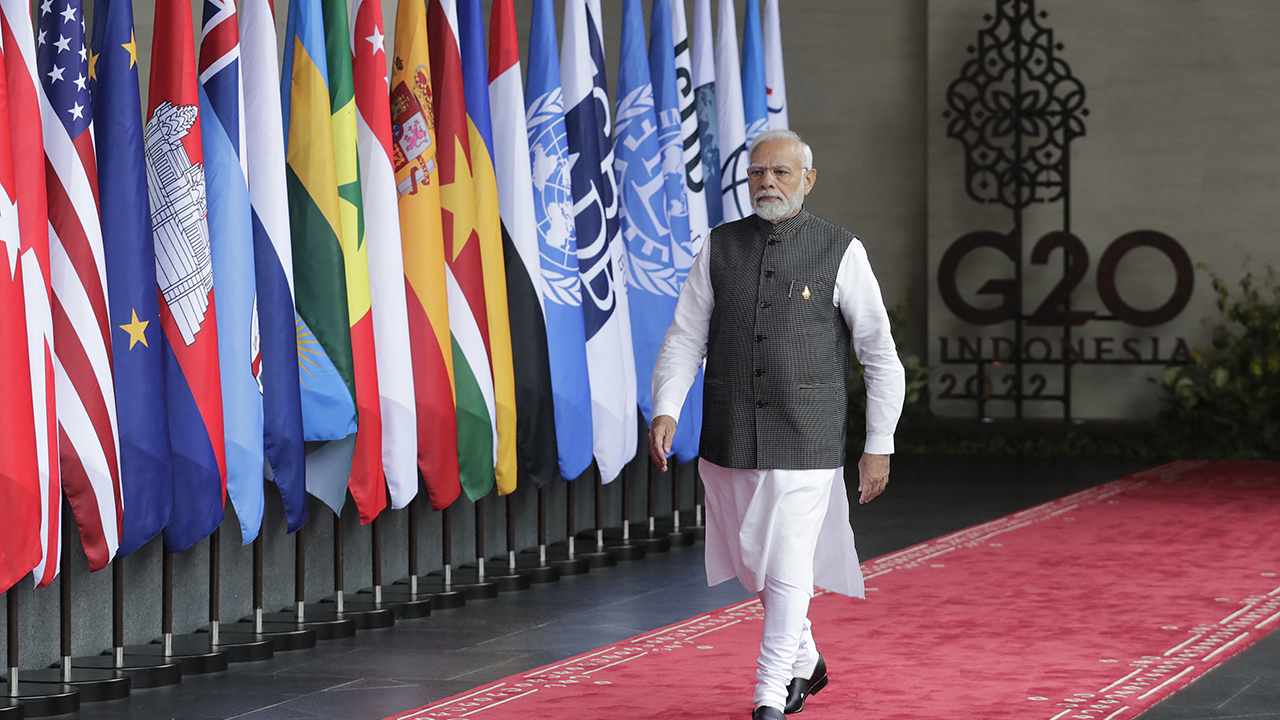Survey Research and International Affairs
When done well, surveys give the public a voice and ensure that the beliefs and opinions of ordinary citizens are heard in debates about important political, economic, and social topics.
When done well, surveys give the public a voice and ensure that the beliefs and opinions of ordinary citizens are heard in debates about important political, economic, and social topics.
Low turnout in Egypt's presidential election has raised concerns that a victory for former general Abdel Fattah El-Sisi would leave the government without a sufficient mandate.
The speech also comes at a time when the American public has less of an appetite for foreign involvement and believes American clout is not what it used to be.
Europe’s voters have spoken – and what they had to say has shaken capitals across the continent as far right and some far left parties made significant gains in elections to the European parliament.
Egyptians are about as unhappy with the direction of their country as they were back in spring 2010, less than a year before the revolution that toppled then President Hosni Mubarak. Today, 72% of Egyptians are dissatisfied with the country’s direction, while just 24% are satisfied.
Nearly a year of tumult and violence has drained Egyptians of their optimism and battered the images of key players in the post-Mubarak era, according to a new survey by the Pew Research Center. As a controversial presidential election approaches, 72% of Egyptians are dissatisfied with their country’s direction, and although most still want democratic […]
An analysis of the Twitter conversation on the eve of the European Union elections suggest that those social media users are divided on the value of the EU and not particularly excited about the candidates for the European Commission presidency.
The latest survey results from seven European Union countries reveals a wide range of views across the region about the economy, the future and the EU itself. Just ahead of the parliamentary elections, here’s a tour of the sentiment expressed by the public in each nation.
The countries with the highest per-capita alcohol consumption don't, as a rule, have the heaviest drinkers. Those tend to be in countries where alcohol is forbidden or strongly discouraged.
Asked whether the VA put enough focus on post-9/11 war veterans compared to its treatment of previous generations of veterans, half of those who served in Iraq or Afghanistan said the treatment they got was about the right amount while 44% said it was not enough.
Across 12 countries, a median of 40% of adults say they have no confidence in Indian Prime Minister Narendra Modi to do the right thing regarding world affairs. About eight-in-ten Indians have a favorable view of Modi.
Majorities in most countries say China does not take into account the interests of other countries in its foreign policy, and China does not contribute to global peace and stability.
Across 24 countries, large shares have an unfavorable view of Russia and no confidence in Putin to do the right thing regarding world affairs.
Overwhelmingly, people believe the U.S. interferes in the affairs of other countries, but most also believe the U.S. contributes to peace and stability around the world. U.S. President Joe Biden receives mostly positive reviews.







